Dive into a collection of articles that amplify neurodivergent voices, support a more thorough understanding of neurodiversity, and challenge common misconceptions.
Month
- February 2026
- January 2026
- December 2025
- November 2025
- October 2025
- September 2025
- August 2025
- July 2025
- June 2025
- May 2025
- April 2025
- March 2025
- February 2025
- January 2025
- December 2024
- November 2024
- October 2024
- September 2024
- August 2024
- July 2024
- June 2024
- May 2024
- April 2024
- March 2024
- February 2024
- January 2024
- December 2023
- November 2023
- October 2023
- September 2023
- August 2023
- July 2023
- June 2023
- May 2023
- April 2023
- March 2023
- February 2023
- January 2023
- December 2022
Author
- Abs S. Ashley
- Adam Fare
- Aimee Fletcher
- Aisling Sheehy
- Andreia Costa
- Ann Memmott
- Antonia Aluko
- Bethan Warner
- Beverley Samways
- Brendan Maguire
- Callum Stephen Howes
- Cassandra Lovelock
- Charli Clement
- Chloe Webster-Harris
- Claire
- Cos Michael
- Darren O'Reilly
- Dr Catherine Crompton
- Dr Virginia Carter Leno
- El Dewar
- Elise Guthrie Stirling
- Emily Wooden
- Emily Lees
- Emily Katy
- Emma
- Emma Nielson
- Grace Lee
- Harriet Axbey
- Hat Porter
- Helen Edgar
- Iqra Babar
- Jill Corbyn
- Kai Schweizer
- Katrine Callander
- Kay Louise Aldred
- Krysia Waldock
- Kyra Thompson
- Lizzie Smith
- Lou Chandler
- Lucy Gilbert
- Meena Kumari
- Molly Anderton
- Molly Siobhan Parker
- Nick Ransom
- Reesha Zahir
- Remie Colledge
- Rhiannon Williams
- Rod Landman
- Rose Matthews
- Sarah Douglas
- Sarah Boon
- Sascha Bellamy
- Sophie Broadgate
- Stop Oxevision
- Tania Robinson
- Thomas Barnett
- Tina
- Trauma Geek
- Victoria Denham
- Warda Farah
- Zoë Austin
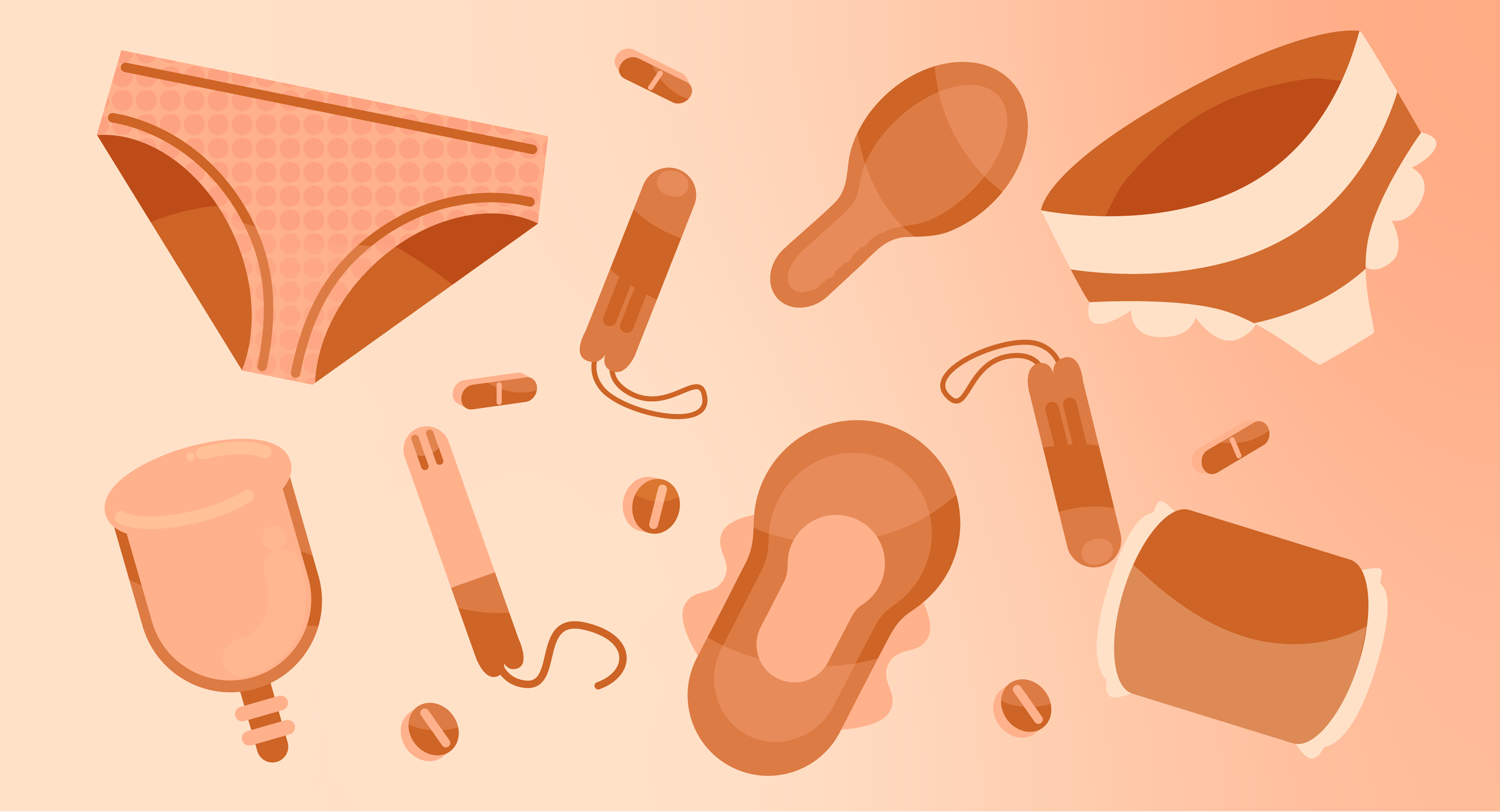
Menstruation in psychiatric inpatient settings
Hat Porter explores the experiences of menstruating whilst in psychiatric inpatient settings, informed by their own lived experience and their latest research, conducted with support from the National Survivor User Network (NSUN).

‘Meet us halfway’—better communication between mental health inpatient staff and Autistic service-users
In this blog, Emma shares suggestions, derived from their own lived experience of mental health inpatient services, for how staff can develop better relationships and improve their communication with Autistic services users.
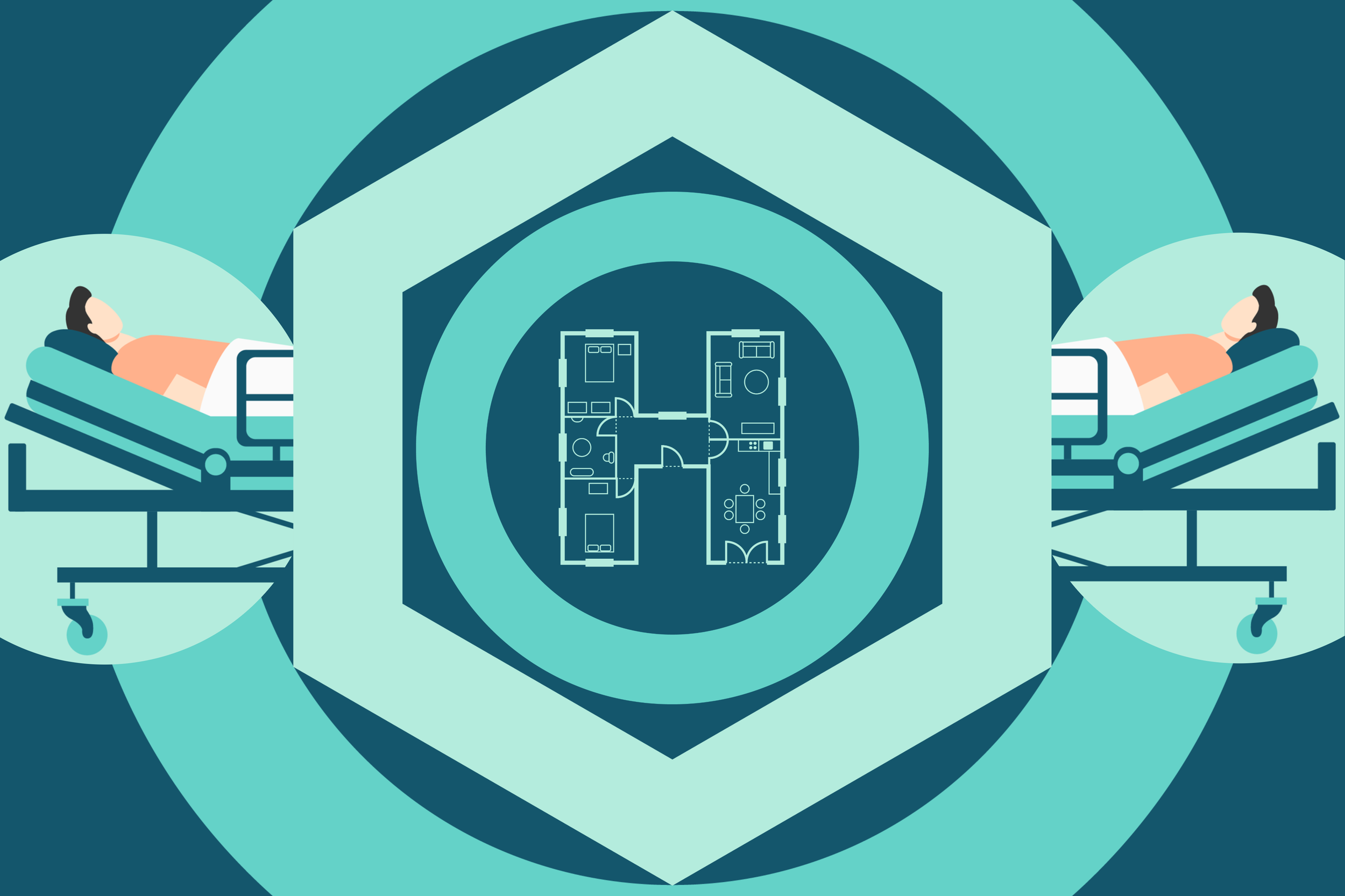
Hospital is not a home
Cassie Lovelock considers what would an accessible social housing system look like for neurodivergent folk?
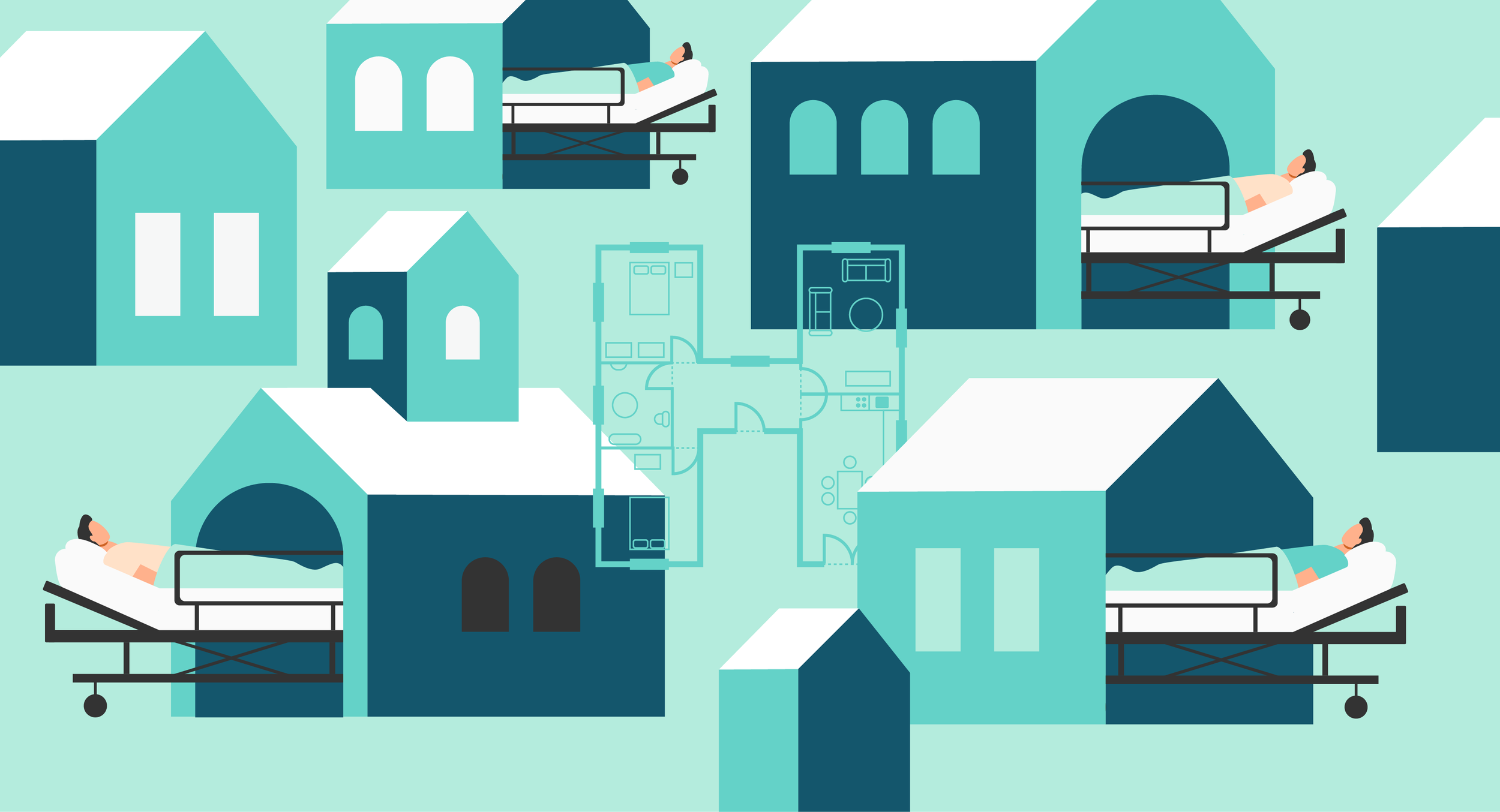
The right to ‘home’: human rights and sensory needs on psychiatric wards
Charli Clement (NdC Associate) examines the challenging sensory environments of psychiatric inpatient wards in the context of the little-discussed eighth article of the Human Rights Act.
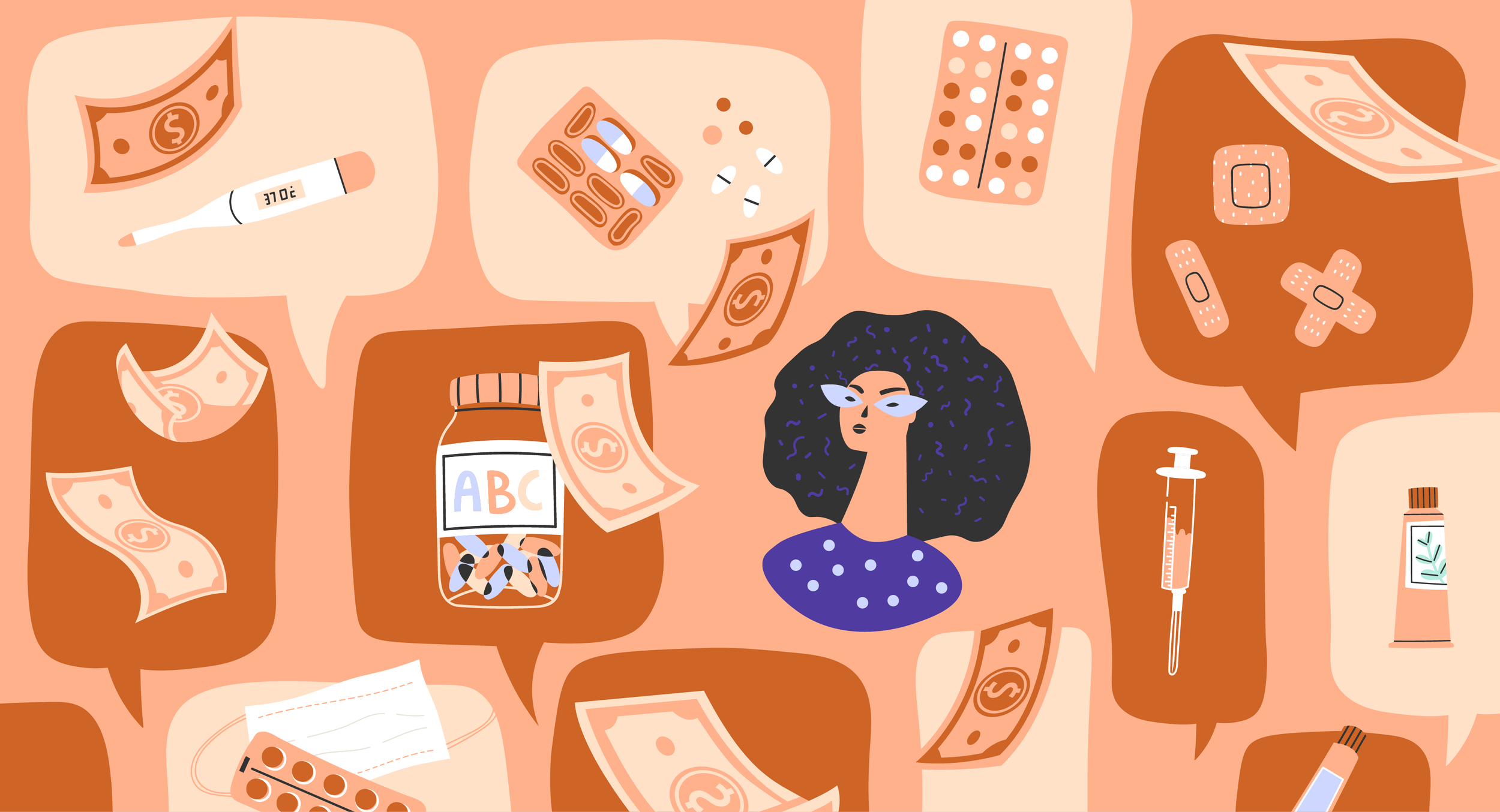
“Don’t get hysterical”: Capitalism, Patriarchy and ADHD
Aisling Sheehy examines the intersection of capitalism and patriarchy in the historical and current marginalisation of women’s health, with a particular focus on diagnoses of ADHD.
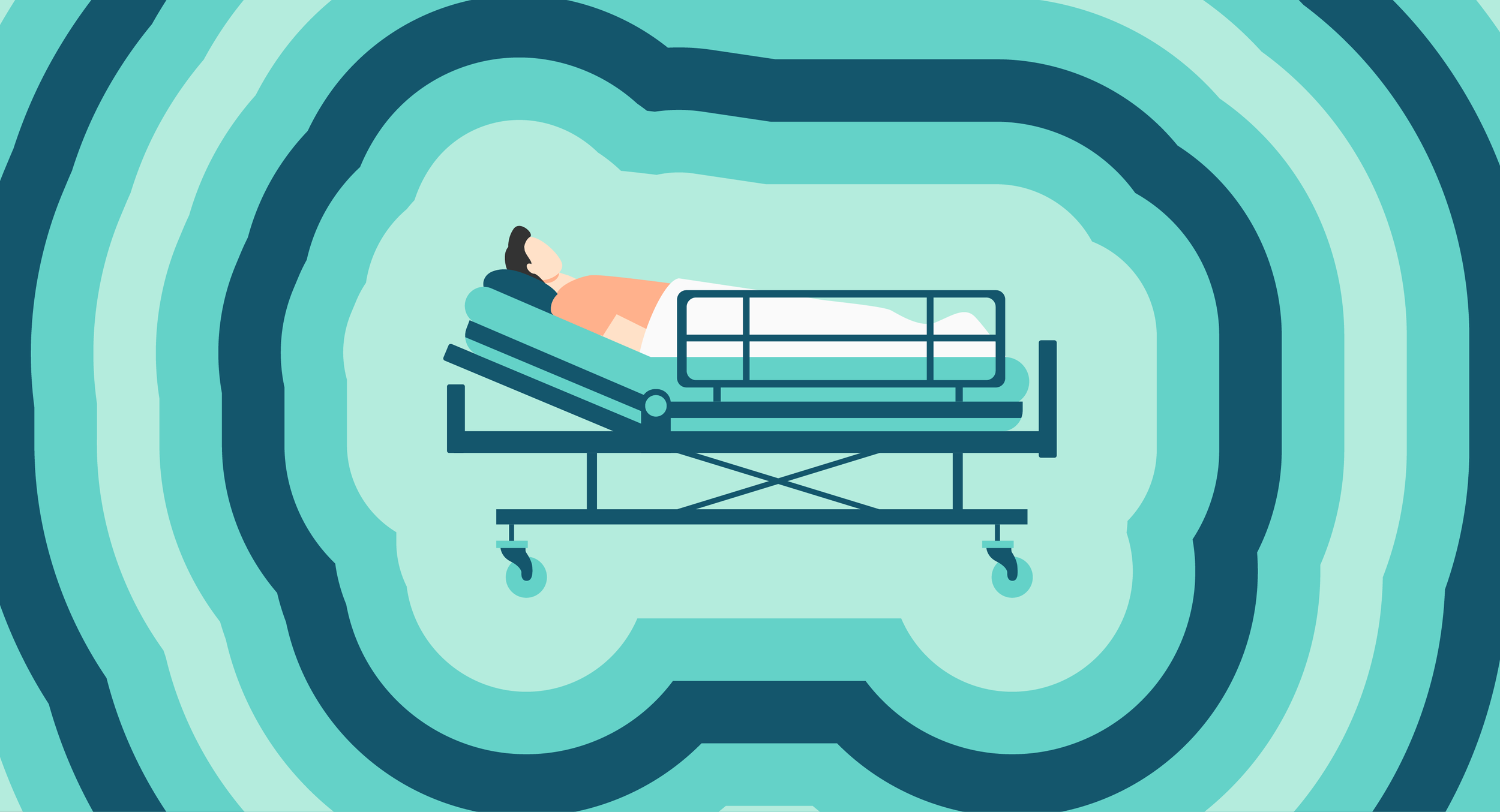
4Q4: The experiences of Autistic adults on inpatient mental health wards
In this latest article in our ‘Four Questions For’ series exploring new research projects, we talk to Rhiannon Williams, a doctoral student in Clinical Psychology at Coventry University. Her doctoral research project asks ‘What are the Experiences of Autistic Adults who have Spent Time on Inpatient Mental Health Wards in England?’
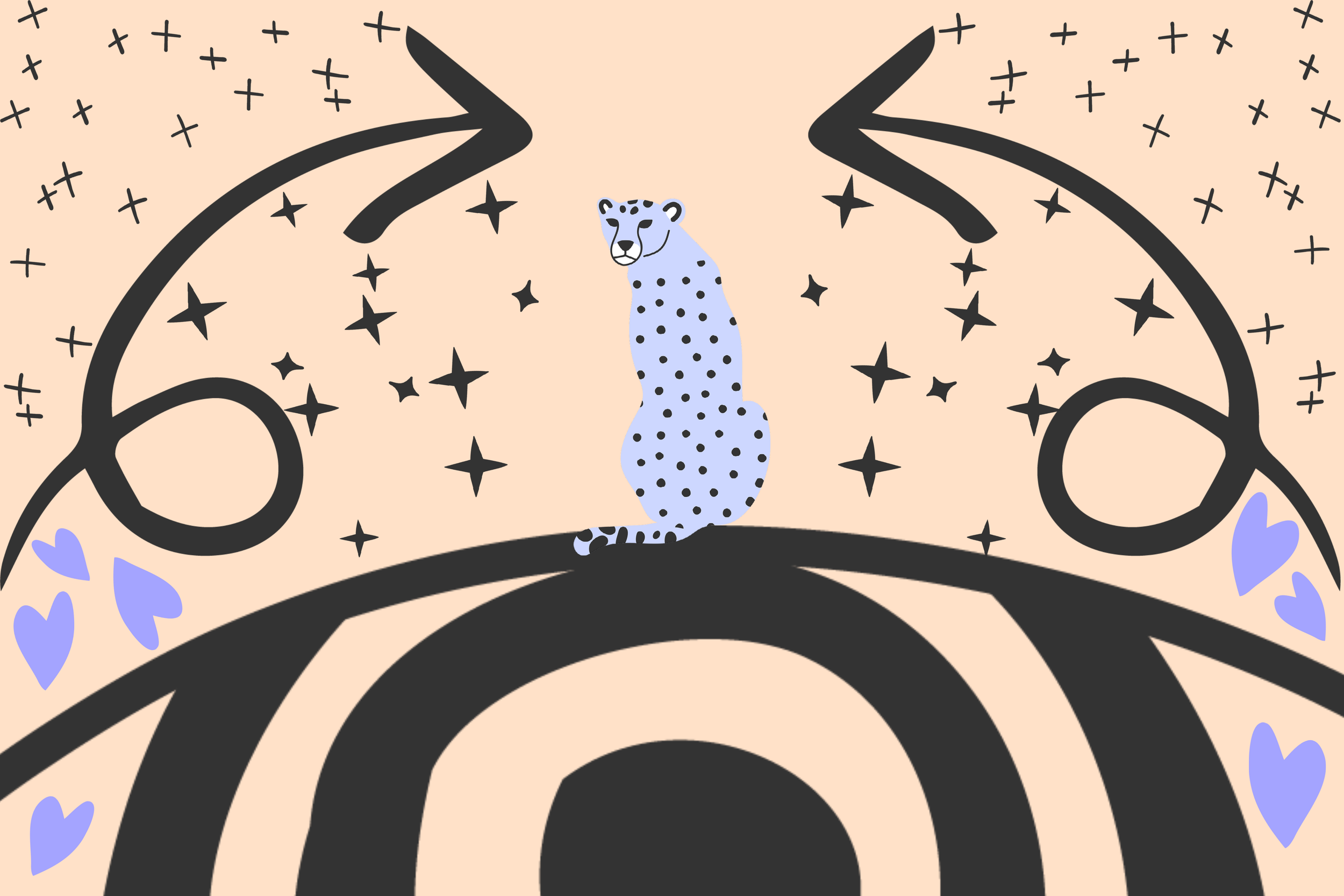
Why I continue to speak out and provide support to the Neurodivergent community
I was sixteen years old, in the middle of a mental health crisis. I had just spent three months in a children’s mental health unit, feeling like my life was over. I believed that I hated myself and nothing would ever change that. I felt broken.

Autism Research—What’s New in February 2023?
This research roundup picks out some of the current big debates on autistic lives, and showcases some of the research from teams making an impact on improving the quality of life for autistic individuals.

Working with the nervous system to understand and support regulation
Living in a dysregulated state – in sympathetic fight/flight arousal – unfortunately is routine and the norm for autistic people. We are constantly being tested and triggered. Autism-friendly environments meet the needs of the body – most specifically, the nervous system.
- ABA
- abuse
- accessible
- ADHD
- adults
- advocacy
- affirming
- aging
- assessment
- autism
- autistic parents
- black autistic
- building design
- burnout
- childhood
- children
- co production
- coercive control
- communication
- community
- culture
- depression
- Designing Homes for Sensory Differences Summit 2024
- diagnosis
- disability
- dyslexia
- eating disorders
- education
- empathy
- employment
- environment
- ethics
- executive functioning
- family
- friendships
- GCC Summit 2023
- gender
- grooming
- guidance
- health
- healthcare
- holiday
- housing
- human rights
- identity
- inclusion
- inpatient
- intersectionality
- joy
- language
- late diagnosed
- learning disability
- LGBTQIA+
- lived experience
- masking
- medicalisation
- meltdown
- mental health
- monotropism
- mothers
- nervous system
- newly diagnosed
- NHS
- OCD
- online
- pain
- parents
- PBS
- peer support
- play
- psychiatric care
- quality of life
- race
- racism
- reasonable adjustments
- relationships
- research
- resources
- routine
- school
- self diagnosis
- self regulation
- sensory environment
- sensory overwhelm
- sensory processing
- services
- sexism
- special interests
- spirituality
- stimming
- stress
- suicide
- support
- therapy
- training
- trauma
- trauma-informed
- women
- workplace
- young people
Got something to say?
We commission blogs from neurodivergent writers. We are particularly keen to hear from people of colour, older people, and non-speaking members of our community. Help us in our mission to amplify the views and voices that are most often left unseen and unheard.


